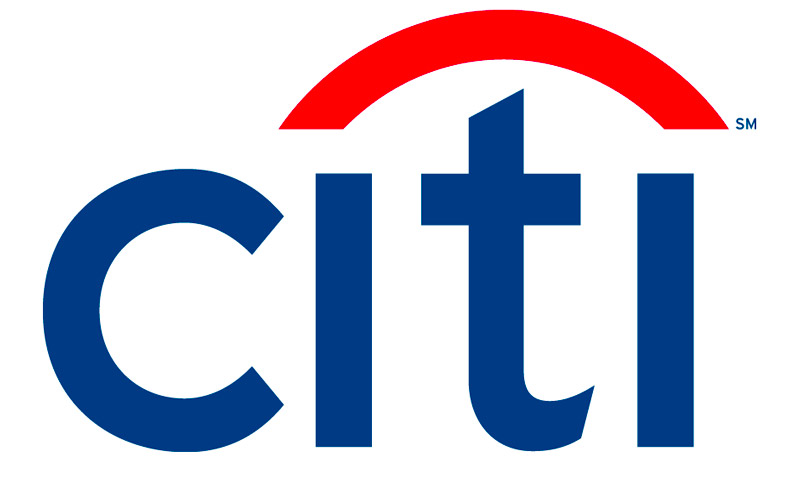| Bill headed to Murphy would help low-income bidders buy foreclosed homes in NJ more easily |
|
Published June 30, 2022 New Jersey may make it easier for family members, lower income bidders and community nonprofits to purchase foreclosed homes under a bill sent to Gov. Phil Murphy on Wednesday reworking the sheriff's sale process to prioritize these buyers and discourage large investors from flipping those properties. Under the “Community Wealth Preservation Program," New Jerseyans who have experienced foreclosure or their next of kin would get the first shot when the property goes up for auction, or the right of first refusal at the bid price. And if a distressed homeowner can’t secure financing, they or a family member can request that a community development group buy the property and the nonprofit would have the second right of refusal, or second shot, at the bid price. If a housing nonprofit wins the bid on a foreclosed property, it would be required to restore and sell the house to a low-income family making no more than 120% of the county’s median income, or else rent the home to a family making below 100% of the county’s median income. "It's really to keep the wealth in the community, to empower residents through homeownership and not just serve as low hanging fruit to outside investors who are trying to come in and capture these properties for pennies on the dollar," said Assemblywoman Britnee Timberlake, D-Essex, who sponsored the bill. New Jersey consistently tops rankings of states with the highest foreclosure rates in the country. Data from May 2022 shows that one out of every 2,346 housing units were in foreclosure in the Garden State, the most behind only Illinois, according to a report from ATTOM, which analyzes nationwide real estate data. In the wake of the 2008 housing crisis, investors began rapidly buying up residential properties in foreclosure across the country, often in majority Black counties, according to a recent report by the House Financial Services Committee. A Rutgers study found almost half of residential sales in Newark went to institutional investor buyers, which contributed to "rapidly rising rents, decreased homeownership, higher barriers to affordable housing production goals, renter displacement and less stable communities," according to report by authors David Troutt and Katharine Nelson. The New Jersey bill seeks to curb the practice and give families a leg up if they plan to stay in the neighborhood. Currently, a winning bidder must immediately pay a deposit of 20% of the property purchase price in cash or cashier's check to the sheriff. The bill, A793/S1427, would lower that deposit amount to 3.5% for those intending to live in the home for at least seven years. "When the home becomes underwater, oftentimes banks do not like to offer a principal rate reduction," Timberlake said, referring to when a lender decreases the amount owed on a mortgage. "But at the time of foreclosure, the most interesting thing is they usually start the bid for investors at like half of what the person owes. So, to me that's so unfair and disingenuous because they're basically offering a principal rate reduction to an outside investor." The full Senate passed the legislation 22-15 during a marathon session Wednesday that included the state budget and dozens of other bills, months after the Assembly approved the bill 46-30 in March. Murphy's office declined to comment on whether or not the governor would sign the bill into law. How it works Under the bill, bidders can buy the property using financing if they provide documentation they were pre-approved by a financial institution regulated by the Department of Banking and Insurance. They must also prove they have completed eight hours of homebuyer education counseling through the U.S. Department of Housing and Urban Development. If the buyer finances the bid and doesn't live in the property for the required seven years, he can be fined $100,000, except in extenuating circumstances, like if the bidder or close family member died or became disabled. If a community nonprofit wins the bid and intends to sell the property, the house must include a 30-year deed restriction that keeps the sale price affordable for low-income families to live in. “The Community Wealth Preservation Program will play a key part in addressing the state’s affordability crisis," said Staci Berger, president and CEO of the Housing and Community Development Network of New Jersey. “Families that own their homes have the assets to create and expand businesses, send their children to college, or build a nest egg for a secure retirement. By expanding generational wealth, we can help lay a foundation that makes our state an affordable place to call home for generations to come." The New Jersey Bankers Association opposes the bill and requested that the program be tested in one county. “We're concerned newly added biding provisions contain serious unintended consequences,” said Michael Affuso, executive vice president of the New Jersey Bankers Association. “We would ask that this be done as a pilot in Essex County to see exactly how this economic effect would take place.”
|














